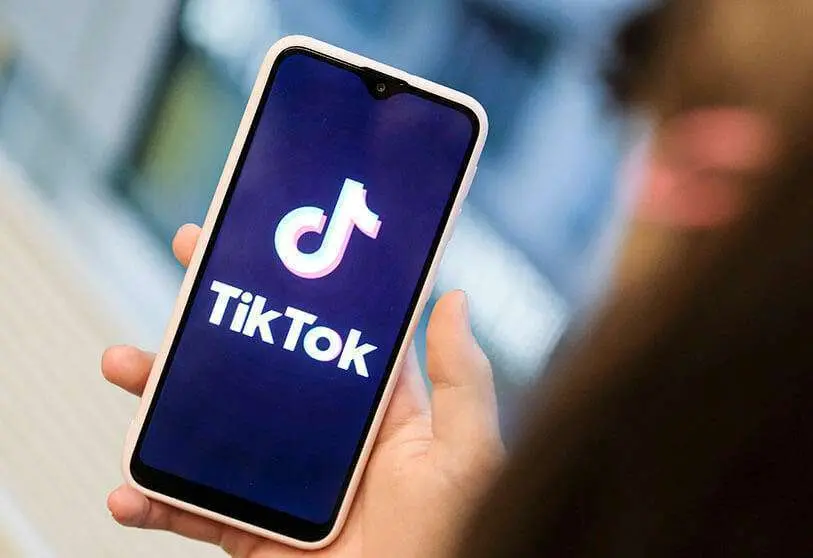TikTok and the guardians of moral order in Egypt

TikTok is a Chinese application for video and network sharing. Although it was launched four years ago, it has only recently taken off in its current form. It is especially during the long months of confinement that internet users around the world started to use it massively.
Initially reserved for younger users, the application has become more democratic and has reached out to families. Everyone understood, even those who resisted the technology, that it could be a source of considerable money.
The principle is simple and the application is free. All you need is a mobile phone, download the application and the tutorials to understand the instructions are plentiful on the web.
In Egypt the adventures of the Noni El Gawad family are very popular. The family has millions of views and subscribers to their credit. Their secret: little stories of everyday life, spontaneity, live tears and it works!
The Egyptian middle class has found an easy source of money, which furthermore does not require any special skills other than exposing their private life to millions of people like on real television.
The stars of TikTok claim to have been able to change houses, neighbourhoods and improve their standard of living. These daily success stories are the stuff of dreams, and the number of subscribers is increasing considerably.
Gone are the days of watching videos passively or making content for fun, today it is a real business to manage.
TikTok and YouTube have become money-making machines. 1,000 views are worth between two and three euros. For the 3 million views per day, that's thousands of euros per day and tens of thousands of euros per month. (Some viral videos reach over 30 million views).
According to a Google study, the Maghreb and Middle East region is a growing market with increasing viewing times. "The rise of YouTube in the MENA region is due to one important factor: there are now more than 100 million young Arabs. Most of them are young. What is particularly interesting is the way these millenarians consume online video: more and more people are connecting to YouTube on their mobile phones," the study says.
Today TikTok has 500 million subscribers and an average of 50 minutes of connection per person per day.
According to YouTube, Egypt is at the forefront of this booming market. Faced with a severe economic crisis and steadily declining incomes, Egyptians have found a way to regain their financial health through video exchange networks.
But this accessible and free technology still has a price tag. In recent months, six Egyptian TikTok influencers have been brought to court and tried and accused of inciting debauchery because ... they were dancing and singing. These trials shocked the Egyptian public.
The cyber-crime law passed in 2018 has led to the creation of surveillance cells and obviously also to an anti-vice police force. Out of 5,000 followers, accounts and their buyers are scrutinised.
Influencers such as Manar Samy, Hanin Hossam and many others have been sentenced to heavy prison terms ranging from two to three years.
According to the judge, they touch on "Egyptian family values". These trials were followed by a mobilisation campaign on Twitter with the hashtag "After the consent of the Egyptian family" to denounce the infantilisation of women and the guardianship over their bodies.
38% of TikTok users are women in Egypt and are already paying the price for their audacity. So far only women have been convicted.
Even before the emergence of the influencers, female dancers were already in the government's sights.
The return to a moral order seems to be confirmed in Al-Sisi's country. Last June, the Egyptian dancer Sana al-Masri was sentenced to three years in prison for the same reason: "incitement to debauchery" for the videos in which... Al-Masri is a real icon in Egypt and if she dances it is because it is her job! The star is one of those who openly attacked the Islamist regime of the Muslim Brotherhood and the then President Mohamed Morsi. And in the darkest hours of the country's history, nobody dared to imprison him. Before Al-Masri, it was the Russian dancers who were expelled from Egypt...
The recent imprisonment of influencers is part of this line of repression.
Egyptian belly dancing is an ancient choreographic tradition. It is dancers such as Tahia Carioca and Samia Gamel who brought Egyptian cinema to the international stage and gave it its letters of nobility.
Do you count the hours of oriental dance in Egypt? Tic-tac or rather TikTok will tell us.

